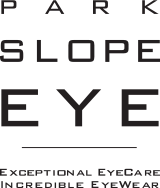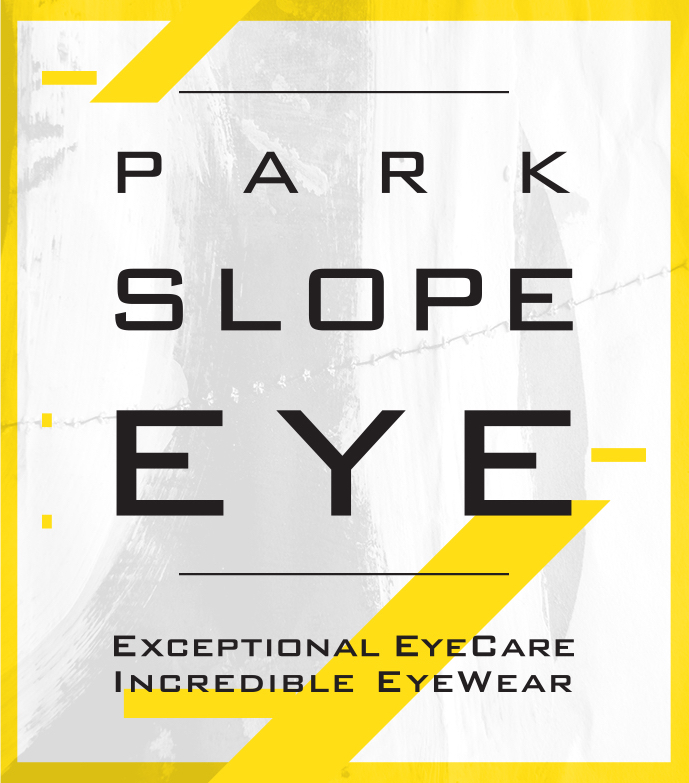Ensuring good eye health doesn’t just involve going to a trusted eye clinic for the necessary solutions—you’ll need to be proactive at caring for and protecting your eyes, as well. This means learning to separate facts about eye care from the myths. Here are some of the common myths typically associated with eye care:
- Reading in dim light can severely damage your vision. Given how most nighttime reading and sewing used to be done either by candlelight or from the light cast by gas-lit lamps centuries ago, this is–not surprisingly–a myth. Good lighting, however, does make activities that involve extensive use of your eyes much easier. This can also prevent eye fatigue, which can lead to headaches and other issues. If you do need to read at nighttime, it’s recommended that you do so with sufficient lighting.
- Learning problems are caused by poor vision. This is not always the case. Difficulty in reading, math and other subjects its typically referred to as a learning disability. Children who have these problems will require help from teachers and the right professionals. However, for your children to reach their full academic potential, you need to make sure they are able to see properly. Take them to a trusted eye-care specialist for a regular, comprehensive exam. Given how most learning materials are presented visually, it pays to know they have good eyesight that will allow them to process the information correctly.
- Eyewear is more trouble than it’s worth. If you have a job that can put your eyes at risk–like welding– or something that involves prolonged exposure to sunlight, proper eyewear can be a lifesaver. Safety goggles and UV-blocking sunglasses can prevent potentially blinding injuries, so always use them to protect your eyes.
- Ill-fitting eyeglasses and contact lenses is harmless. Seeing through poorly fitted eyeglasses can make for an uncomfortable experience, but it’s more serious to wear ill-fitting contact lenses. Contacts that don’t fit properly can harm your corneas and result in infection. Make sure to have your eyes checked regularly by a trusted eye doctor if you elect to wear contacts.
Stay tuned for the second installment of our three-part blog series where we discuss how to find the right eye specialist for your vision needs.








